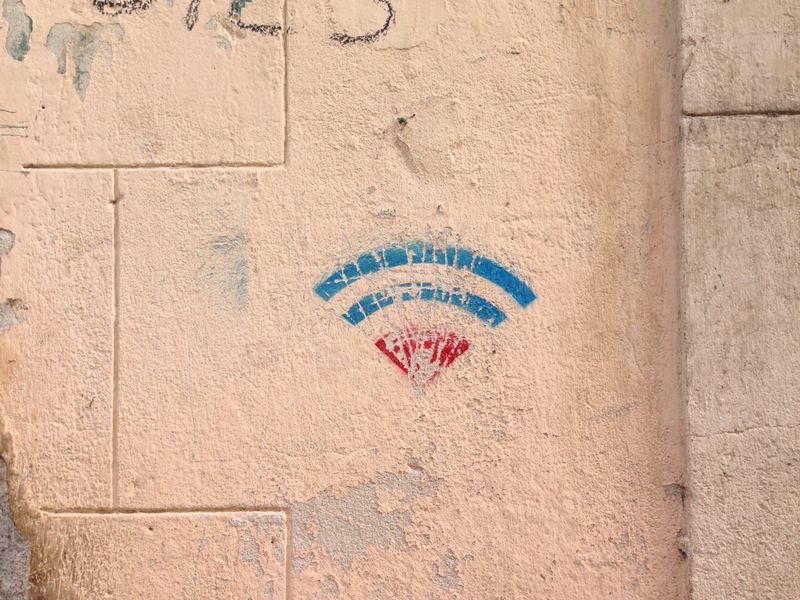As published in Phys.org, Fabián E. Bustamante, professor of electrical engineering and computer science in Northwestern University’s McCormick School of Engineering, along with graduate student Zachary Bischof “decided to measure Cuba’s Internet performance” where they found that “Cuba’s Internet connection to the rest of the world was perhaps even worse than they expected.”
The publication mentions that “since March 2015, Bustamante and Bischof have been conducting measurements from a server in Havana to observe Internet traffic going in and out of Cuba. They measure the amount of time it took for information to travel in both directions, taking note of the paths of travel. In early results, the team found that information returning to Cuba took a much longer route.”
“During their study, Bustamante and Bischof found that when a person in Havana searched for a topic on Google, for example, the request traveled through the marine cable to Venezuela, then through another marine cable to the United States, and finally landed at a Google server in Dallas, Texas” as reported by the leading web-based science, research and technology news service. The article goes on to mention that “when the search results traveled back, it went to Miami, Florida, up to the satellite, and then back to Cuba. While the information out of Cuba took 60-70 milliseconds, it took a whopping 270 milliseconds to travel back.”
“It takes so long that it’s almost useless,” Bustamante stated in the article. “You can start loading a webpage, go have coffee, then come back and maybe you’ll find it.”
Bustamante goes on to proclaim that “beyond Internet services like Netflix, to continue societal progress in Cuba depends on better connectivity.”
To read the full article, please click here.
To see what you can do to help “Connect Cuba” today, please click here.



